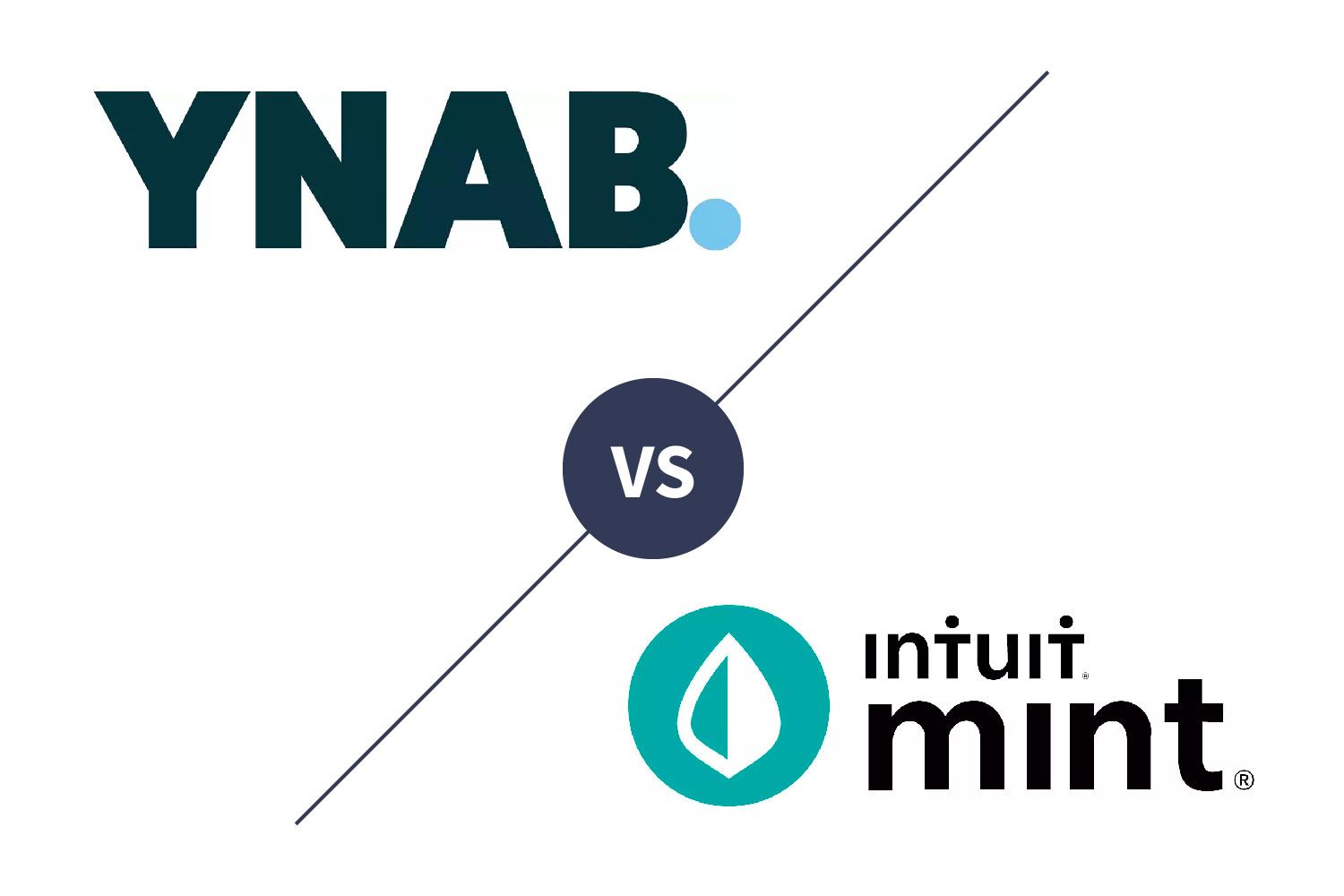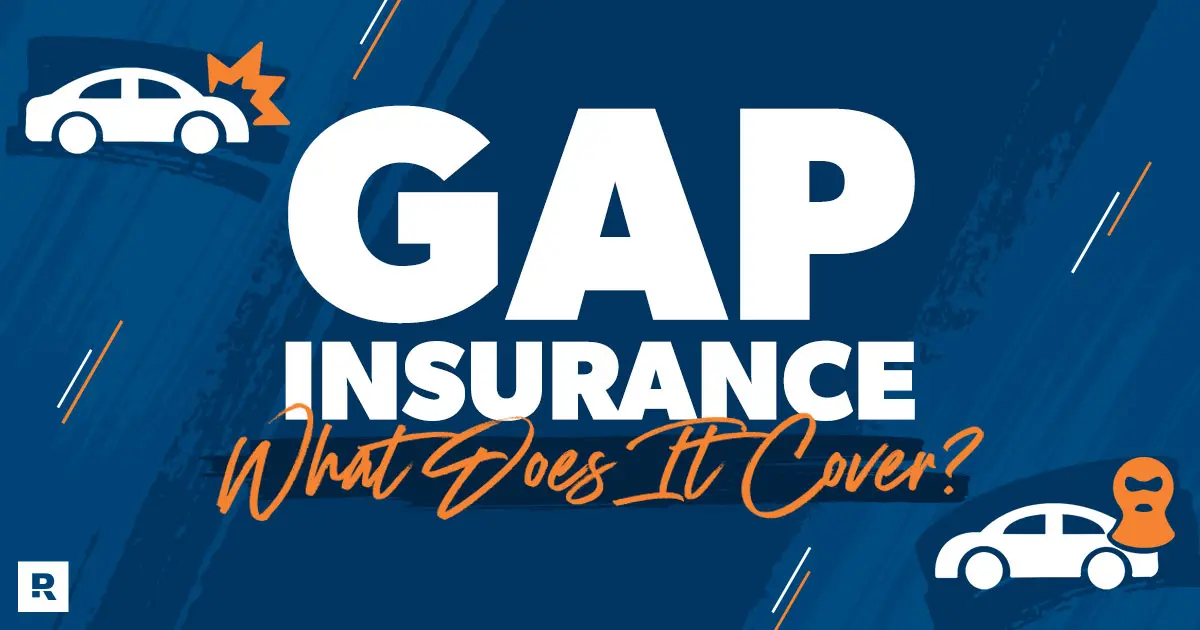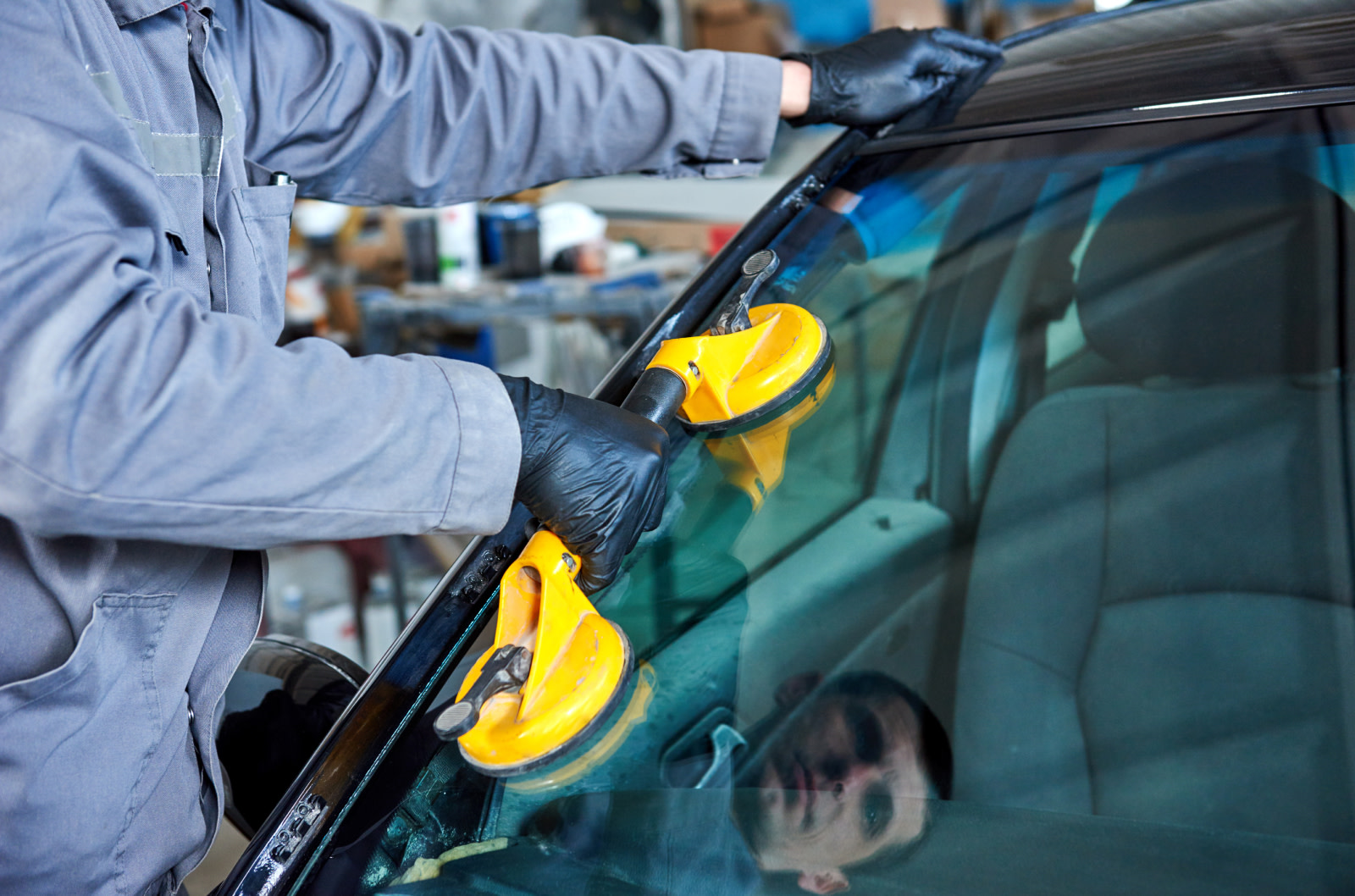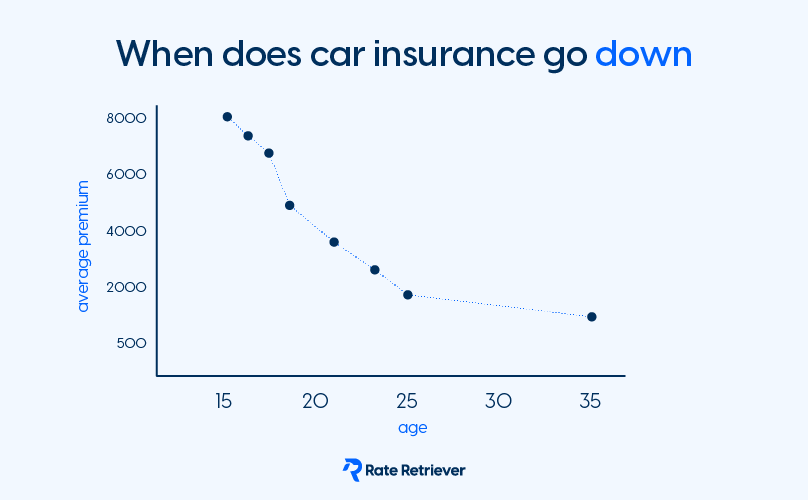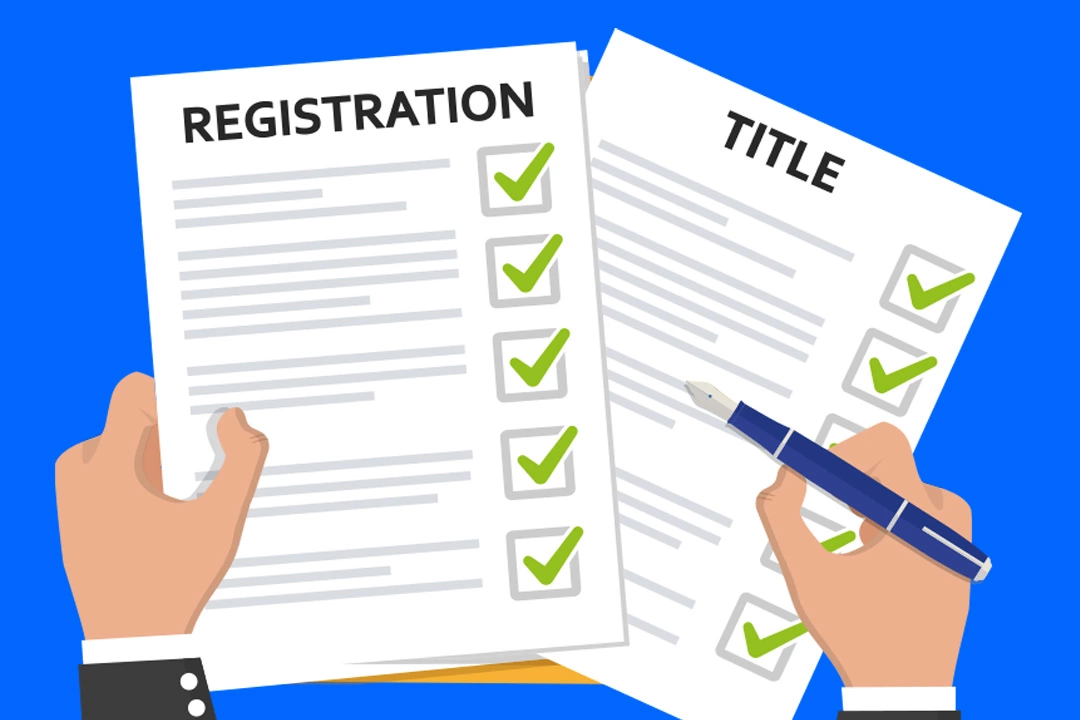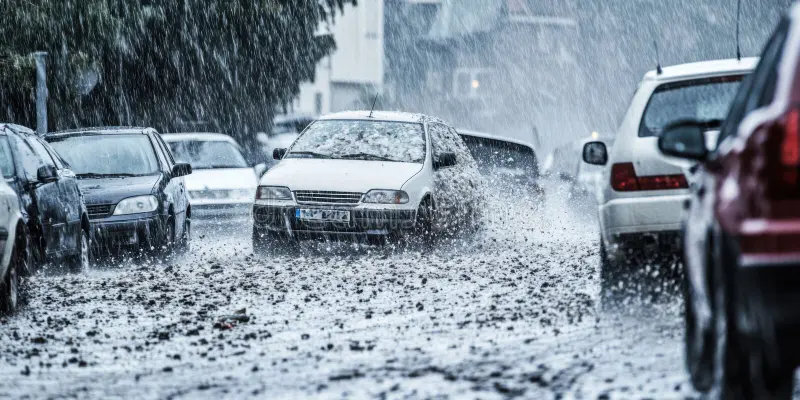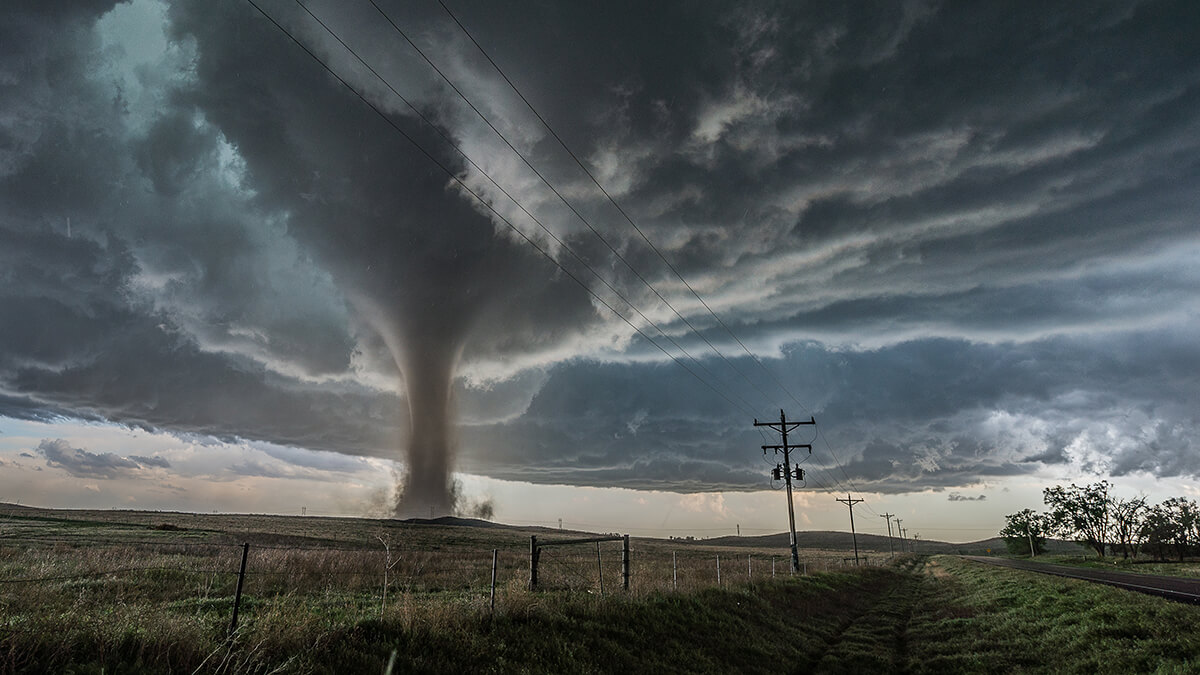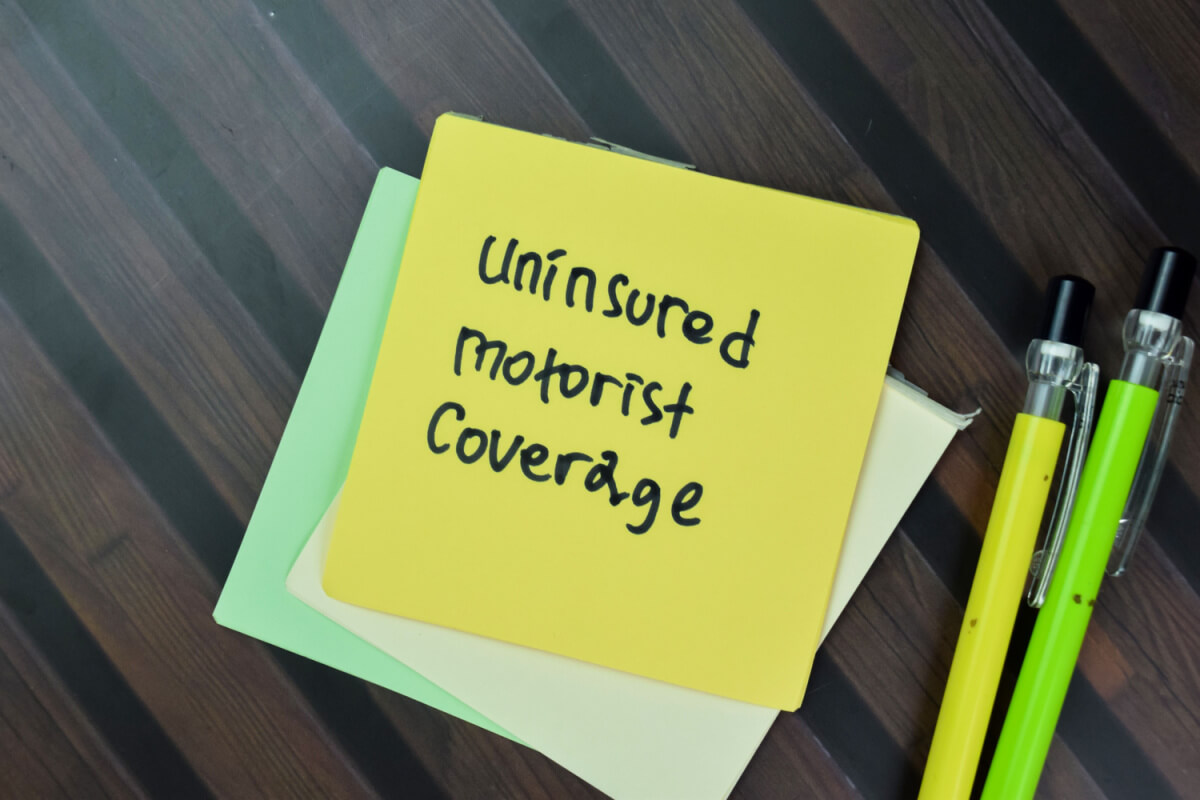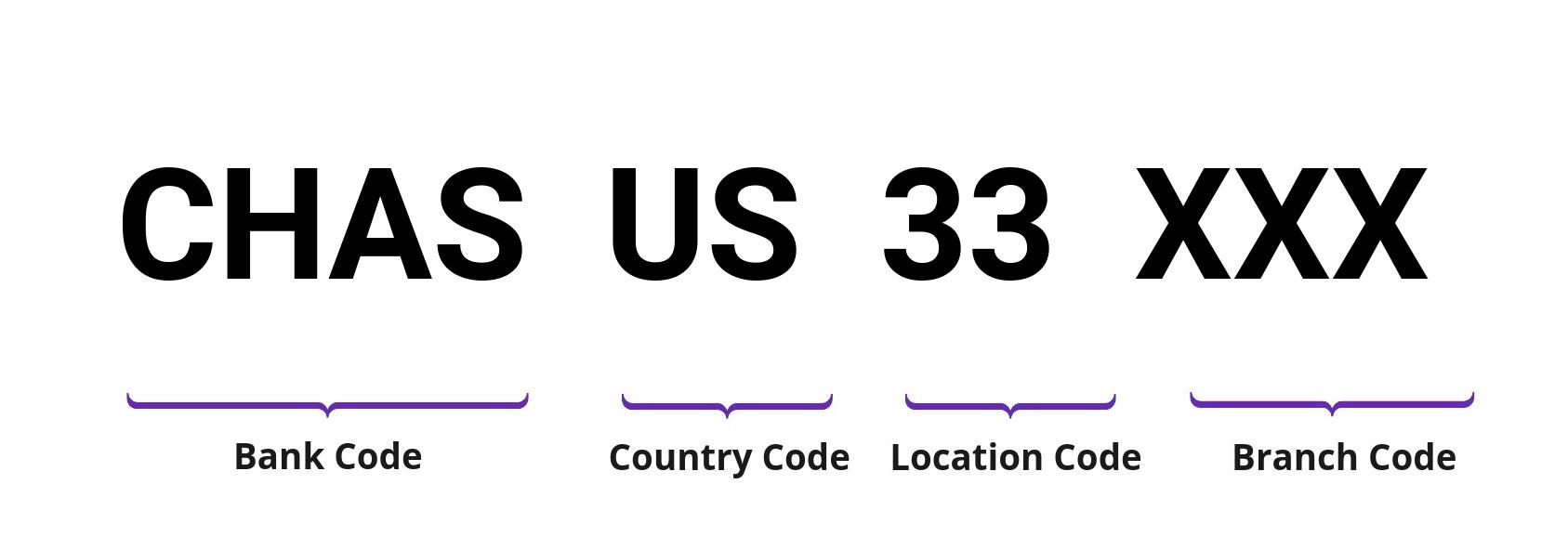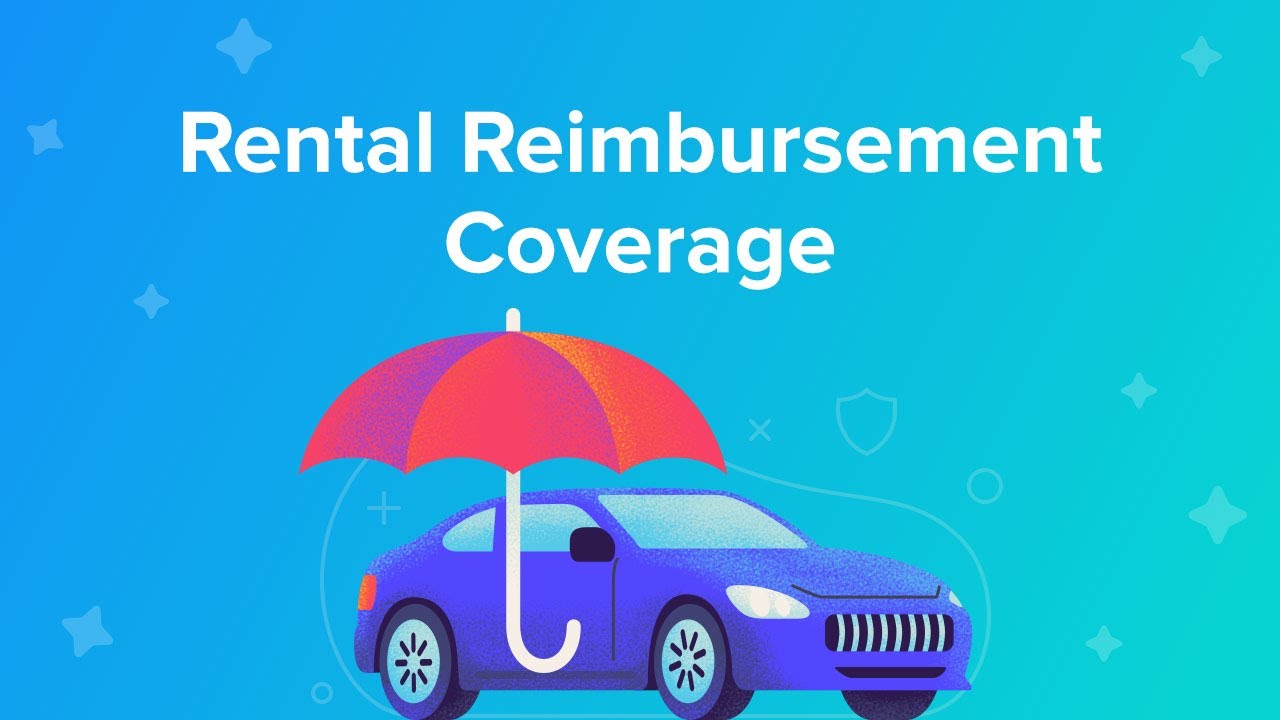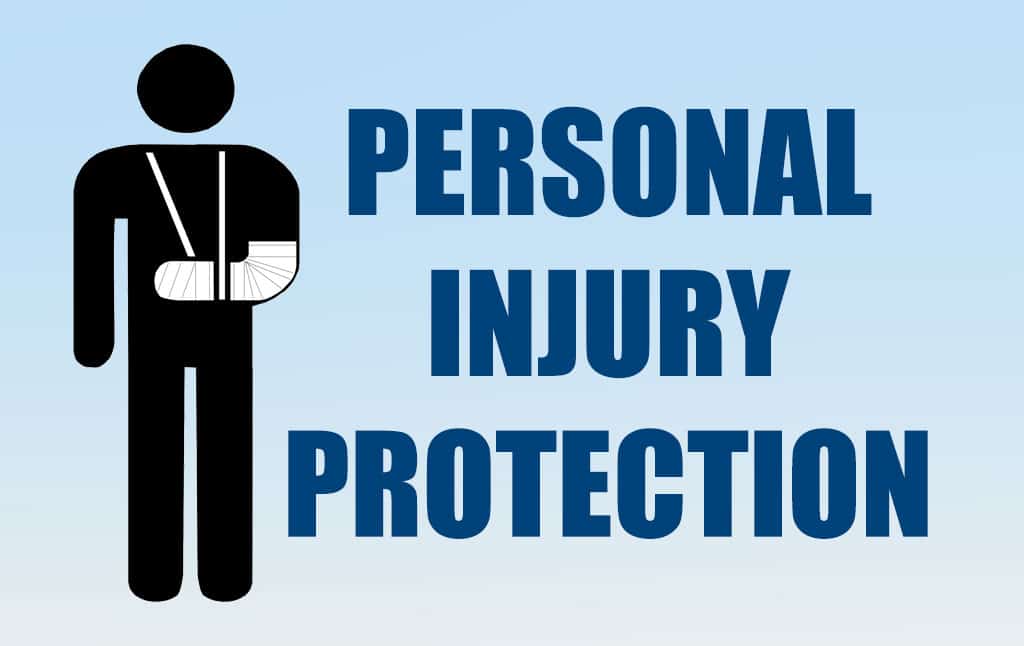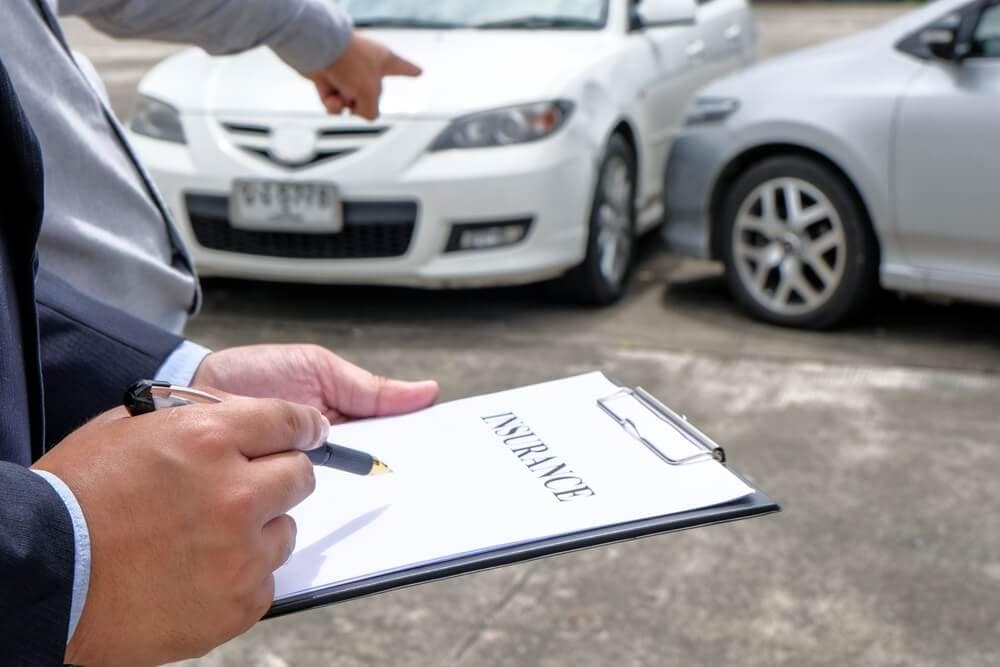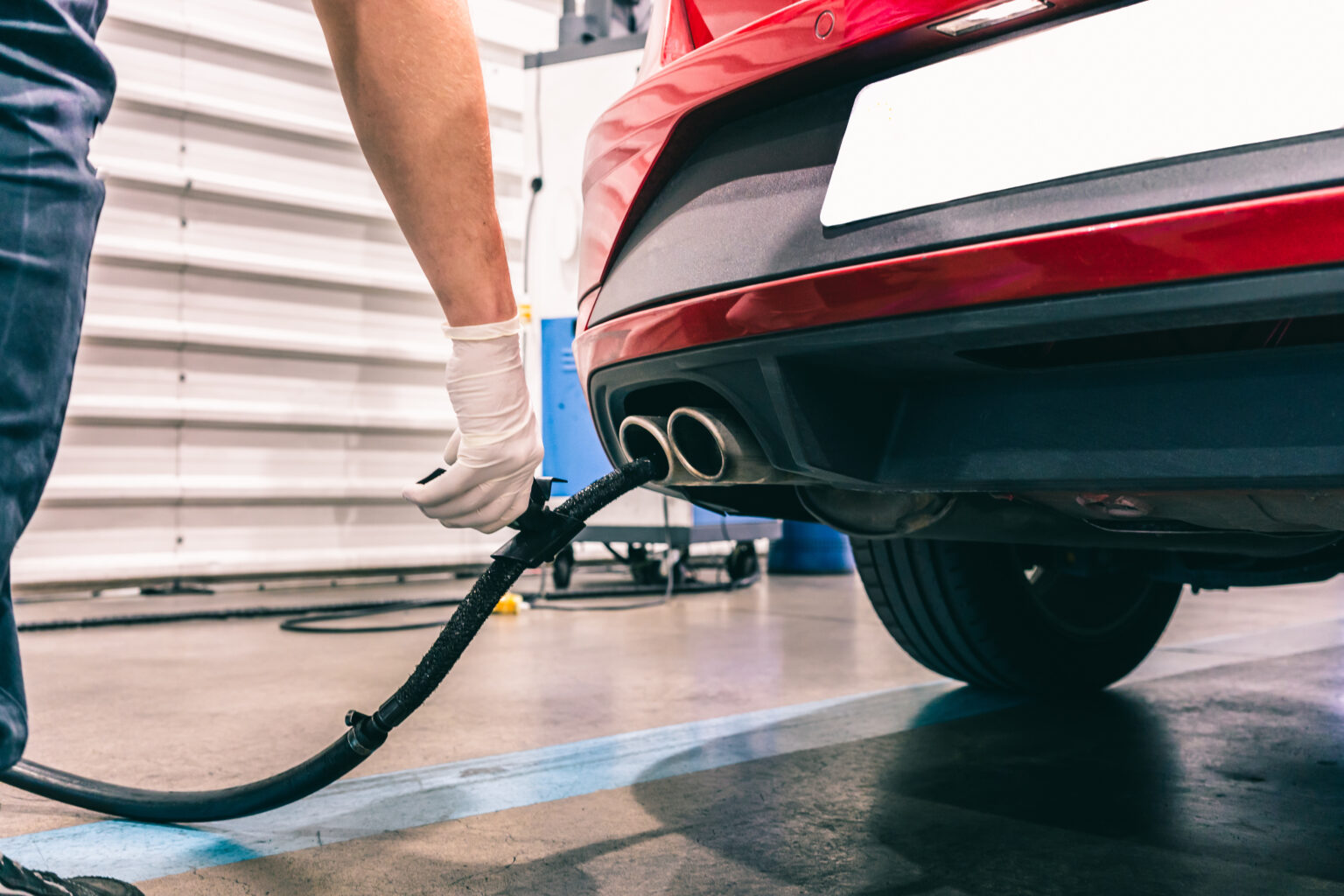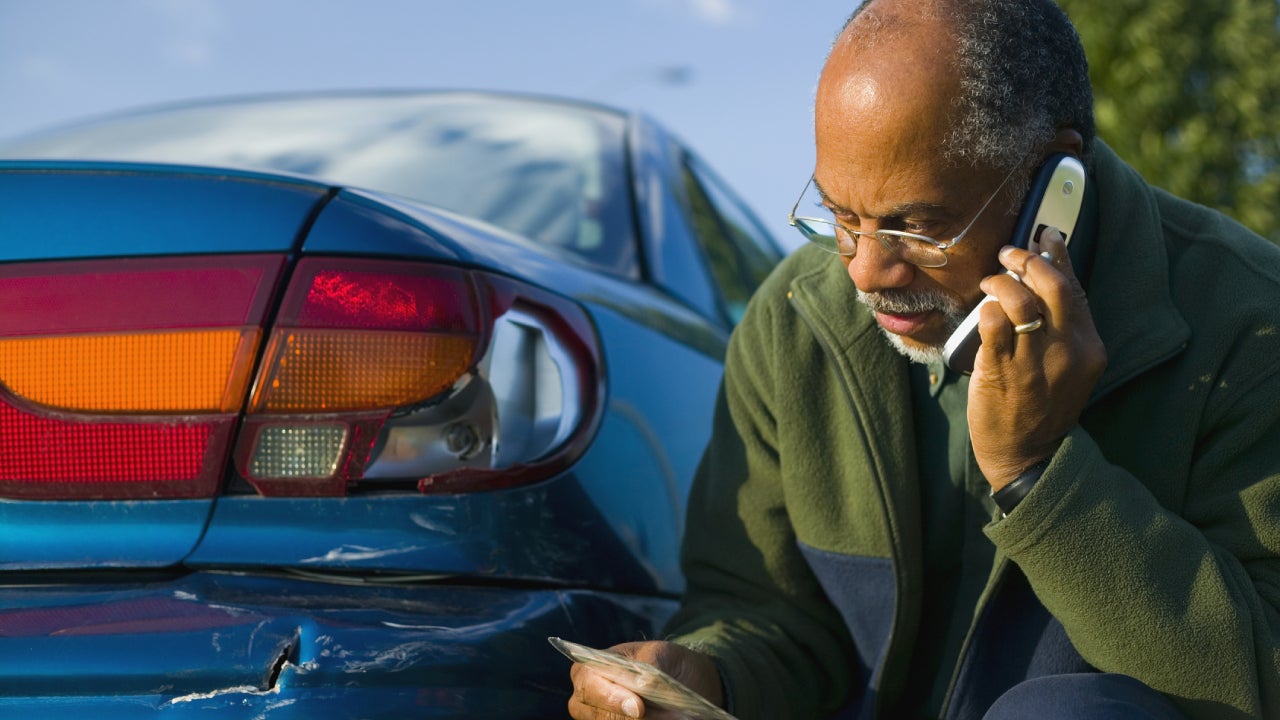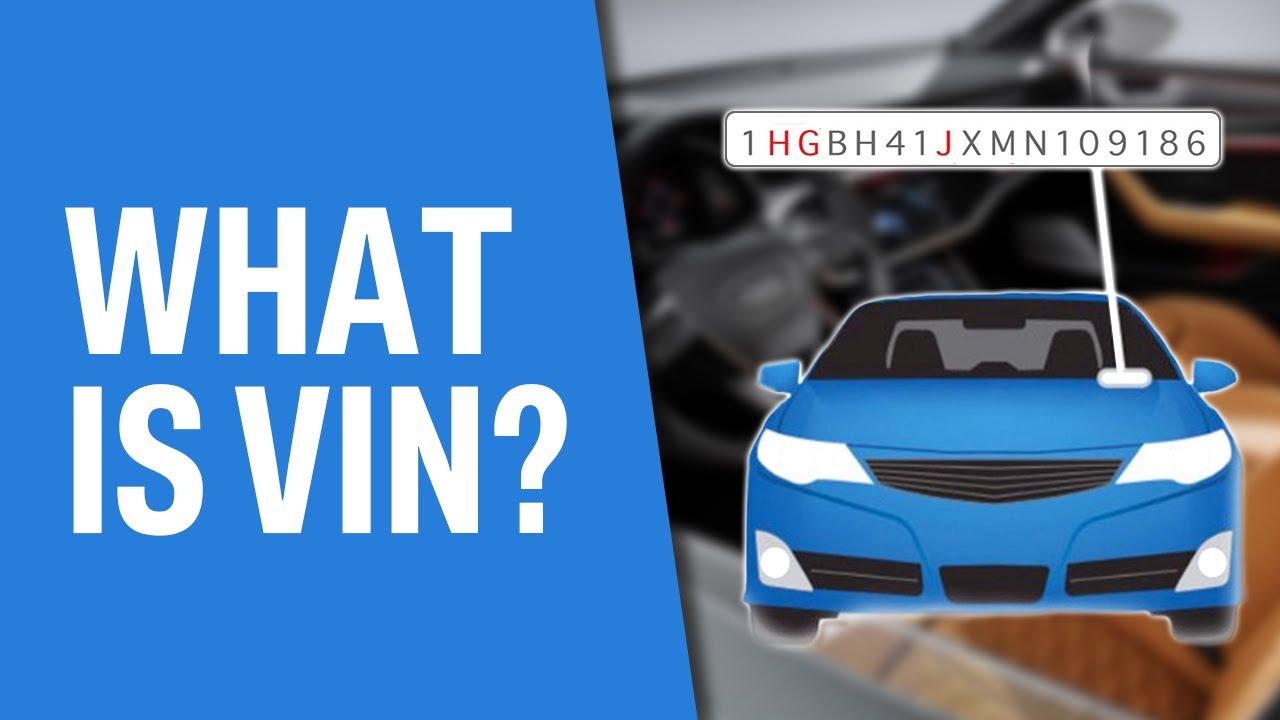Thinking about buying a car out of state? Whether it’s because you found a better deal, a rare model, or simply more options than your local market offers, purchasing across state lines can be smart—but it does come with a few extra steps.
The process is usually more straightforward when buying from a dealership because they handle most of the paperwork. But if you’re buying from a private seller, you’re the one responsible for making sure everything is squared away. That means:
- Paying sales tax in your home state
- Transferring the car title
- Getting a temporary registration or permit
- Handling shipping or driving it back yourself
- Setting up insurance
Let’s break it down step by step so you know exactly what to expect.
Buying a Car Out of State from a Private Seller
When you buy from a private seller, you’re on your own to make sure the paperwork is complete and the car is truly road-ready. Here’s what you’ll need to take care of:
1. Transfer the Title
The title officially proves you’re the new owner. If the seller still owes money on the car, you may need to work with their lender to release the lien. For more details, check out this title transfer guide from the DMV.
2. Get a Pre-Purchase Inspection
Unlike dealerships, private sellers usually don’t provide warranties or guarantees. To avoid buying a “lemon,” schedule an inspection with a trusted mechanic before handing over your money. Learn more about why inspections matter from the National Institute for Automotive Service Excellence (ASE).
3. Check the Vehicle History
Ask for the VIN (Vehicle Identification Number) and run a vehicle history report. This will tell you if the car has been in major accidents, had flood damage, or been declared a total loss. Services like Carfax or AutoCheck can provide detailed reports.
Buying a Car Out of State from a Dealer
Purchasing from a dealership often feels familiar, but there are still a few differences compared to buying in your own state.
Emissions Laws
Every state has its own emissions standards. Make sure the car you’re buying complies with your state’s requirements. If the dealer isn’t sure, ask them to send you a photo of the emissions sticker (usually under the hood). You can double-check requirements with the U.S. Environmental Protection Agency (EPA).
Sales Tax
Dealers often collect your state’s sales tax upfront and send it to your DMV. If they don’t, you’ll need to pay it when you register the car at home. Some states also charge a use tax, so double-check with your local DMV office.
Temporary Registration
If you’re driving the car home, ask the dealer to set you up with a temporary tag or permit so you don’t get pulled over. If you’re shipping the car, compare transport rates and make sure the cost of shipping doesn’t erase the savings of buying out of state. (You can use a service like uShip to get quotes.)
Where Do You Pay Sales Tax If You Buy a Car Out of State?
In most cases, you’ll pay sales tax in the state where you register the car, not where you bought it.
- From a dealer: They’ll often collect your state’s tax and give you a receipt.
- From a private seller: You’ll need to pay sales tax yourself at your DMV when you register the vehicle.
This is a crucial step, so don’t skip it—otherwise, you won’t be able to register your car legally.
How Does Car Insurance Work Across State Lines?
Good news—your auto insurance usually covers you in all 50 states and Canada. There’s no need for a special “multi-state” policy.
That said, if you’re driving the car home immediately, make sure you’ve added it to your policy before hitting the road. If you’re having it shipped, ask your insurance company whether temporary coverage is necessary while the car’s in transit.
Most auto transport companies carry liability insurance, but you may want to add comprehensive and collision coverage for extra peace of mind. Learn more about car insurance coverage options here.
Do You Need Insurance Before Shipping a Car?
If you’re shipping the car instead of driving it, you might not be legally required to have insurance in place just yet. However, it’s still smart to cover yourself.
- Comprehensive coverage protects against theft or damage during transport.
- Collision coverage helps if the car is damaged in transit.
- Liability coverage is usually carried by the transport company, but always confirm before signing a contract.
Final Thoughts
Buying a car out of state can open up better deals and more options—but it also means more responsibility.
Here’s a quick recap:
- Private sellers: You handle all paperwork, inspections, and history checks yourself.
- Dealerships: Easier, but still confirm emissions laws, taxes, and temporary tags.
- Sales tax: Paid where you register the car.
- Insurance: Usually valid nationwide, but check coverage if shipping.
If you take the time to prepare—verify paperwork, run inspections, and understand your tax and insurance responsibilities—your out-of-state purchase can be just as smooth as buying locally.
